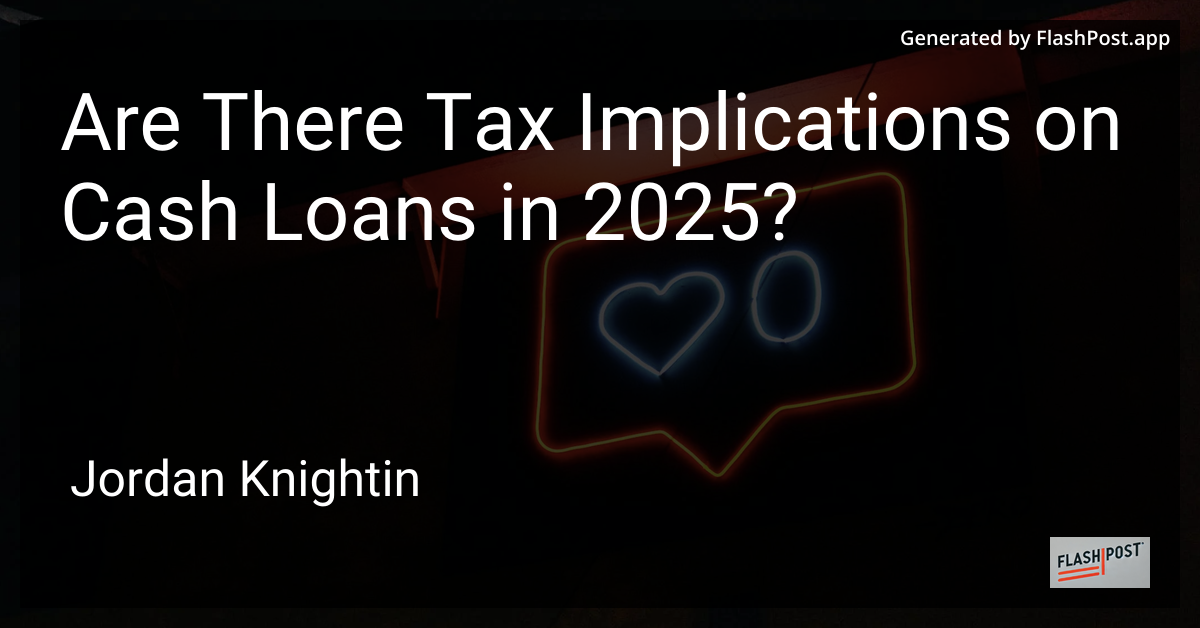

Can I Learn Php on My Own, or Do I Need a Course in 2025?
In 2025, PHP remains a popular server-side scripting language, continuing to power a significant portion of the web. Whether you’re a budding developer or an experienced coder looking to expand your skill set, you might be wondering: Can I learn PHP on my own, or is it necessary to take a structured course? Let’s delve into the pros and cons of self-learning PHP versus enrolling in a formal course.
Learning PHP on Your Own
Advantages
-
Flexibility: Self-learning allows you to learn at your own pace and time, fitting perfectly into your schedule. This flexibility is ideal for busy individuals.
-
Cost-Effective: With an abundance of free resources available online, such as tutorials, forums, and documentation, you can learn without spending money on tuition fees.
-
Personalized Learning: You can tailor your learning process to focus on topics that interest you the most, diving deeper into projects or areas like how to contribute to the CakePHP project.
Challenges
-
Discipline Required: Learning independently requires a strong sense of discipline and motivation. Without set deadlines, it can be easy to procrastinate.
-
Lack of Guidance: You may face challenges in understanding complex concepts without a mentor’s guidance, making it crucial to find suitable resources like online communities or modern PHP debugging tools in 2025.
-
Resource Overload: The internet is a vast space, and finding the right learning materials among the plethora of information can be overwhelming.
Taking a PHP Course
Advantages
-
Structured Learning: Courses provide a structured path with organized content, making it easier to understand and retain information.
-
Expert Guidance: Access to experienced instructors can help clarify doubts and address challenging topics more effectively.
-
Networking Opportunities: Enrolling in a course allows you to connect with peers and professionals, which can be valuable for collaborations or future job opportunities.
Challenges
-
Cost: Courses, especially those offered by reputable institutions, can be expensive, which may not be feasible for everyone.
-
Time Constraints: Unlike self-learning, courses have set schedules that might not align with your lifestyle or other commitments.
-
Limited Flexibility: The curriculum may not cater to your specific interests or needs, such as advanced topics like interacting with databases, for which resources like updating objects in MongoDB via PHP might be more relevant.
Conclusion
Whether you decide to learn PHP on your own or via a course largely depends on your personal preferences, learning style, and resources. For those with time constraints and limited budget, self-learning can be a viable path. However, if you prefer a structured approach with expert guidance, investing in a course might be the better option. No matter which path you choose, the key is consistent practice and staying updated with the latest technologies and techniques.
By combining self-learning with a community-driven approach, such as contributing to projects or using modern debugging tools, you can enhance your skills effectively. Ultimately, the decision is yours, but in 2025, the opportunities for learning PHP are as diverse as ever.
This article is optimized for SEO by addressing relevant keywords and providing rich content for individuals interested in learning PHP. The links provided offer additional resources to supplement the learning process, thus enhancing the reader's experience.